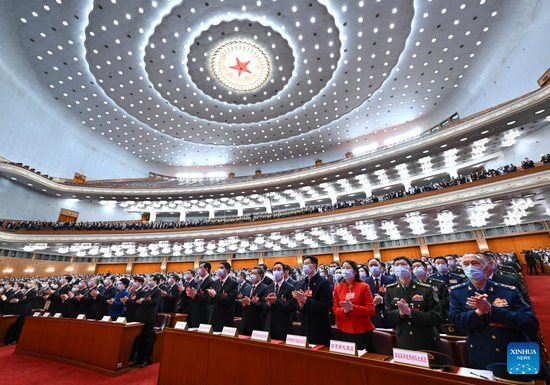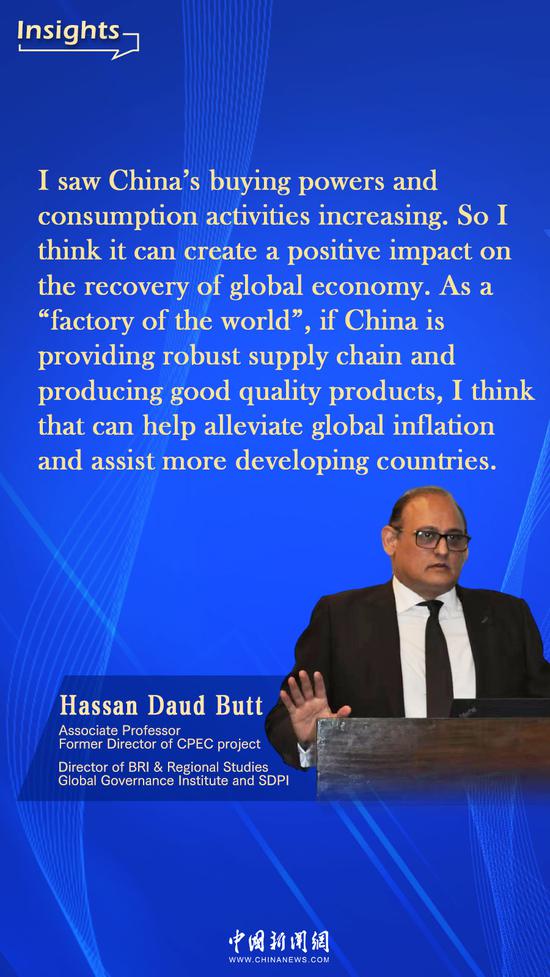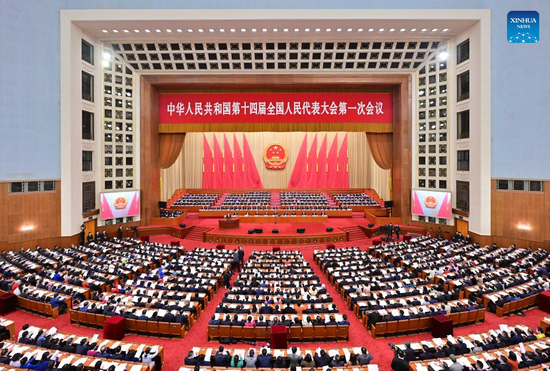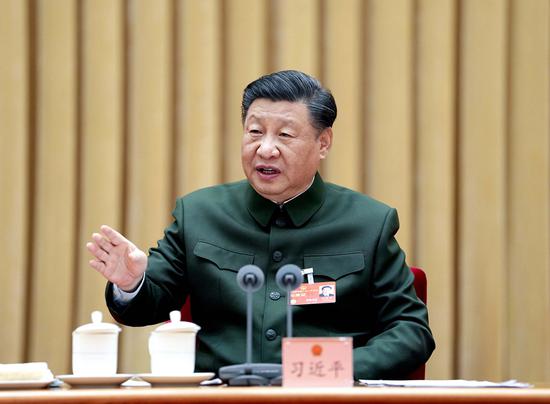The collapse of Silicon Valley Bank will not affect China's banking industry but has highlighted the importance for banks of adhering to their primary business, serving the real economy, balancing their asset-liability structure and steering clear of excessive liquidity risk, experts said.
The bank failure has little to do with its sci-tech lending business. Instead, the biggest problem with SVB is its expansion in recent years. A considerable aspect of its business deviated from sci-tech finance, which led to liquidity issues, said Zeng Gang, director of the Shanghai Institution for Finance &Development.
"If SVB remained focused on offering loans to sci-tech enterprises, it would not end up in its current situation. I think Chinese banks will have no trepidation about sci-tech finance but will be more aware of the importance of focusing on their primary business and serving the real economy," Zeng said.
In the past few years, the proportion of SVB's investments in financial markets increased rapidly. The main losses suffered by the lender came from such investments, he added.
The tech startup-focused bank, the 16th biggest lender by assets in the United States at the end of last year, became the largest bank to fail since the 2008 financial crisis. California banking regulators closed the lender on Friday and appointed the Federal Deposit Insurance Corporation as receiver for later disposition of its assets.
US regulators said on Sunday that SVB depositors will have access to all their money starting Monday, and a new facility will be set up to give lenders access to emergency funds in order to shore up confidence in the banking system.
Zhang Qiaoyun, head of the Yangtze River financial research institute at Southwestern University of Finance and Economics, said SVB is a bank with obvious investment and investment banking characteristics.
Apart from various bond investments, the bank adopted an investment and loan linkage mechanism to support tech startups. At the same time, its securities assets fluctuated greatly, which led to significant volatility, said Zhang in an article published on the financial research institute's WeChat official account on Monday.
In terms of utilization of funds, a bank's top priority is to lend, followed by moderate investment activities, rather than investment banking. Typical investment banking activities are not the inherent strengths of banks, Zhang said.
China's commercial banks and financial regulators must learn from the failure of SVB during the Fed's aggressive interest rate hike cycle, due to mismatches between long-term investments and short-term liabilities, Zhang added.
"The demise of SVB tells us that once the macroeconomy enters an interest rate hike cycle, especially a prolonged and aggressive one, regulators should require lenders to take measures to optimize their asset structure in advance, particularly by closely monitoring banks' market and credit risks, which can be transformed into liquidity risk and ultimately lead to a crisis of trust and bank runs," said Zhang in the article.
SPD Silicon Valley Bank, with Shanghai Pudong Development Bank and Silicon Valley Bank each holding a 50 percent stake in the joint venture, issued an announcement on Saturday, saying it is a legally registered corporate bank in China and has a standardized corporate governance structure and an independent balance sheet. "As China's first technology bank, SPD Silicon Valley Bank is committed to serving Chinese innovative companies and always operates in compliance with Chinese laws and regulations," said the bank, which was established in August 2012.


















































 京公网安备 11010202009201号
京公网安备 11010202009201号